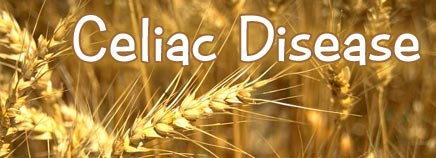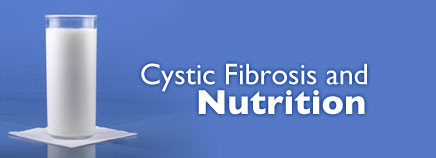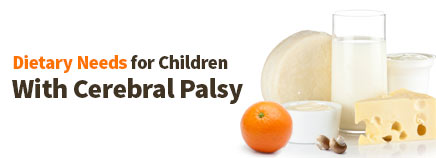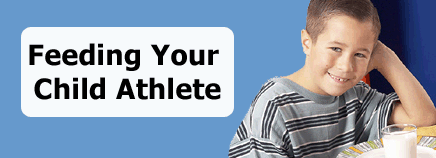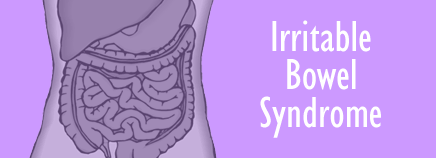About Celiac Disease Celiac disease is an autoimmune disorder caused by an intolerance to gluten. Gluten is the general name of the proteins found in wheat, rye, and barley and other grains derived from them. In kids with celiac disease, gluten damages villi, the finger-like projections in the small intestine …
Cystic Fibrosis and Nutrition
About Cystic Fibrosis Cystic fibrosis (CF) is an inherited disease that affects the respiratory and digestive systems. CF makes children sick by disrupting the normal function of epithelial cells — cells that make up the sweat glands in the skin and that also line passageways in the lungs, liver, pancreas, …
Dietary Needs for Kids With Cerebral Palsy
Kids with cerebral palsy (CP) have problems with their muscle tone, movement, and/or motor skills. This can make mealtimes challenging. Some kids may not have the coordination to feed themselves or chew and swallow safely or successfully. Digestive problems like gastroesophageal reflux and constipation can make eating uncomfortable. All of …
Eating During Pregnancy
Eating well during pregnancy is more than simply increasing how much you eat. You must also consider what you eat. Although you need about 300 extra calories a day — especially later in your pregnancy, when your baby grows quickly — those calories should come from nutritious foods so they …
Egg Allergy
Helping your child manage an egg allergy means being aware of what he or she eats and reading food labels carefully. It’s work, but it’s important. About Egg Allergy Eggs in themselves aren’t bad, but when someone is allergic to them, the body thinks they are. When a person is …
Feeding Your Child Athlete
All kids need to eat balanced meals and have a healthy diet. But should that balance change for kids who play on a sports team or work out? Kids need to eat the right amount and mix of foods to support that higher level of activity, but that mix might not be too …
Irritable Bowel Syndrome (IBS)
What Is Irritable Bowel Syndrome? Irritable bowel syndrome (IBS) is a common intestinal problem that can cause cramps, gas, bloating, diarrhea, and constipation. It’s sometimes called a “nervous stomach” or a “spastic colon.” Certain foods can trigger the symptoms of IBS. So can anxiety, stress, and infections. Although IBS can …
Milk Allergy in Infants
About Milk Allergy People of any age can have a milk allergy, but it’s more common in infants (affecting about 2% to 3% of babies). Many kids outgrow it, but some don’t. When a baby is allergic to milk, it means that his or her immune system, which normally fights infections, …
Nut and Peanut Allergy
About Peanut and Tree Nut Allergies First grade has been a difficult parenting year for Anne. Her 6-year-old son, Justin, began eating lunch in the cafeteria with hundreds of other students armed with their peanut butter sandwiches, peanut butter crackers, and all those hidden peanuts in their processed foods. For …
Vegetarianism
Vegetarianism is a popular choice for many individuals and families. But parents may wonder if kids can safely follow a vegetarian diet and still get all necessary nutrients. Most dietary and medical experts agree that a well-planned vegetarian diet can actually be a very healthy way to eat. But special …

